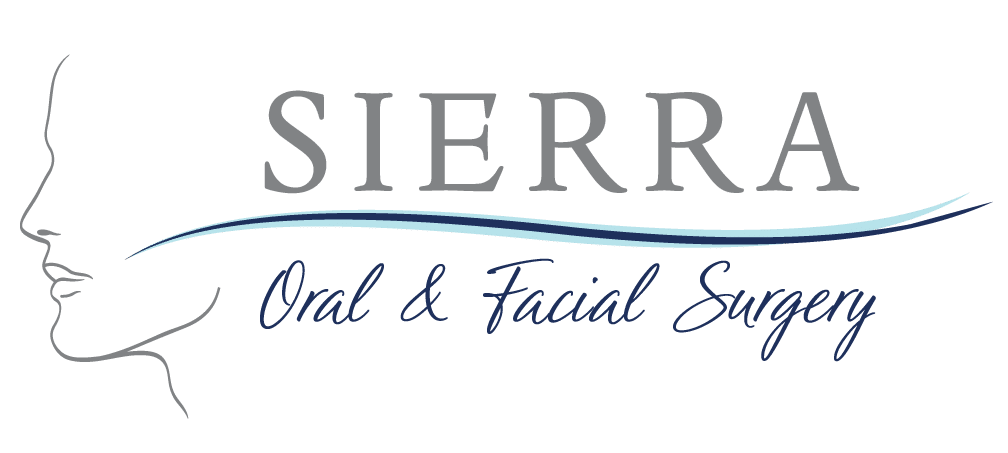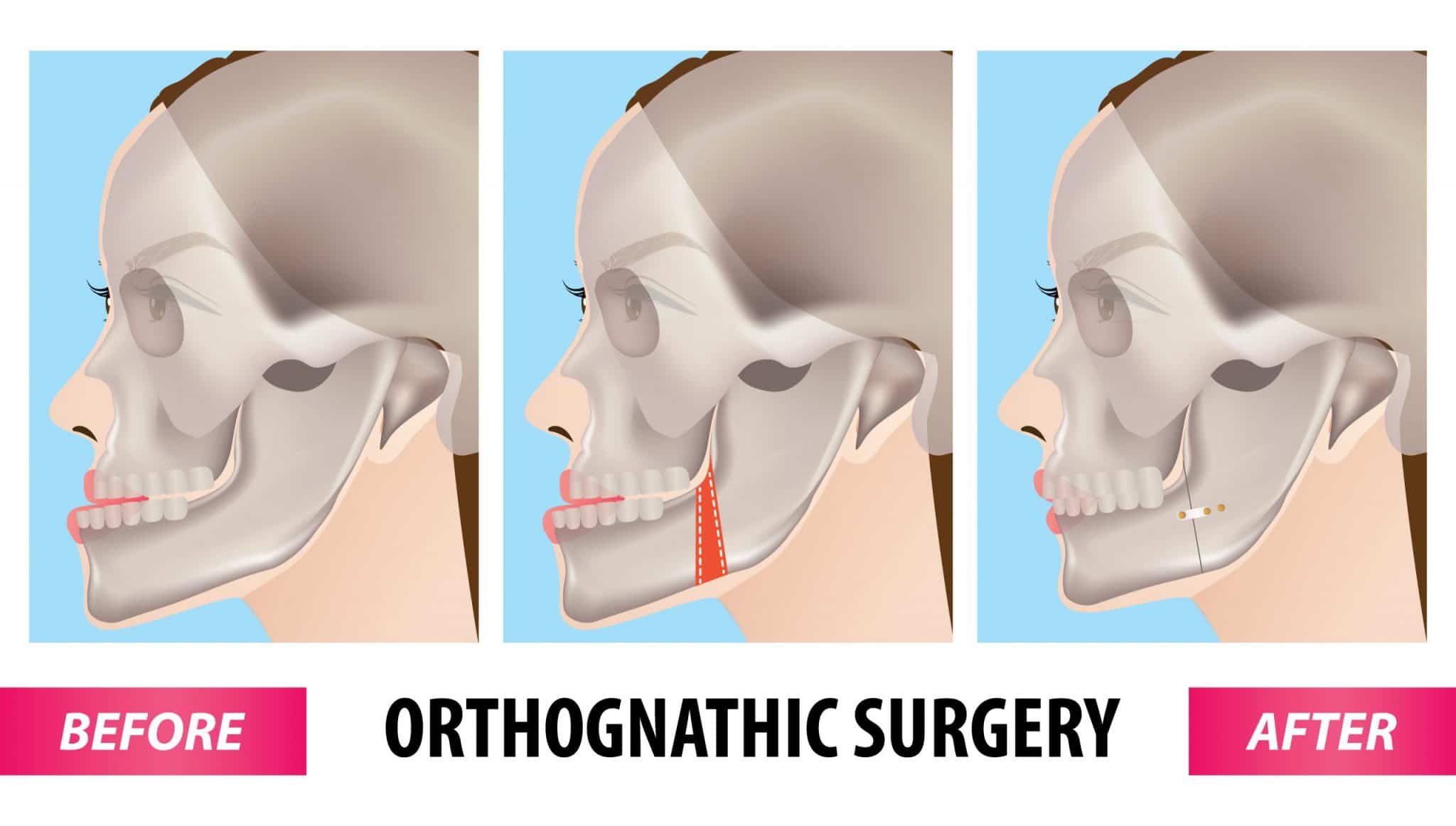Most patients who undergo corrective jaw surgery (commonly known as orthognathic surgery) are doing so to correct or align the jaw due to improper bone growth or from improperly aligned teeth that do not fit with the jaw bone.
Who Needs Orthognathic Surgery?
Patients who typically benefit from orthognathic surgery typically have an improper bite or have an improperly aligned jaw that is causing pain or problems. Since jaw growth occurs gradually over many years, the position of the bone may differ in the upper and lower jawline. This can cause a wide range of problems that can impede the mouth, from simple tasks like chewing to long-term oral health problems that can cost the patient much more time and money. Other causes of orthognathic surgery can result from trauma and congenital disabilities, among others. Orthodontics are only effective at correcting problems with the bite, but when repositioning the jawbone is necessary, corrective jaw surgery is the proper procedure.


